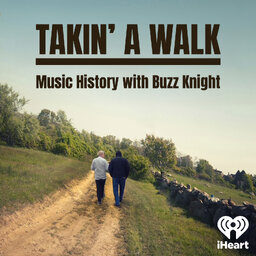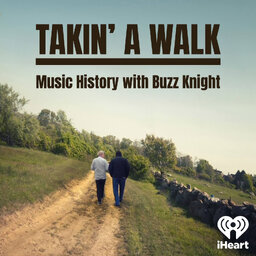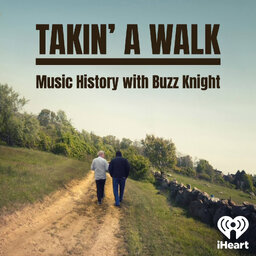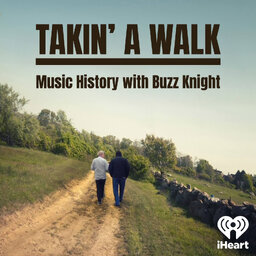"The Sound Architect: A Conversation with Andreas Werner"
Join @thebuzzknight for an enlightening conversation on this music interview podcast with Andreas Werner, the multi-talented music producer, songwriter, and composer who shares his musical journey from Switzerland to the heart of music in Nashville and Muscle Shoals, Alabama. You will gain insight into Werner's creative process in the recording studio and his various collaborations including Jason Isbel and The Blind Boys of Alabama.
For suggestions or comments write buzz@buzzknightmedia.com
Connect with Buzz on Twitter @TheBuzzKnight and Instagram @takinawalkpodcast
Like this show? Share with your friends and leave a review here. Review
 Takin' A Walk - Music History with Buzz Knight
Takin' A Walk - Music History with Buzz Knight


